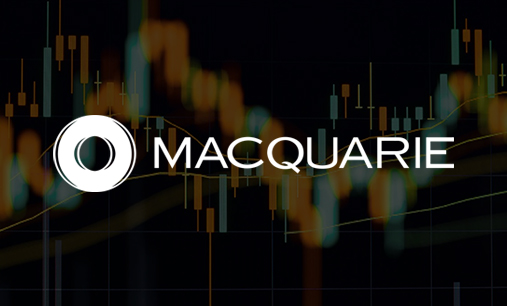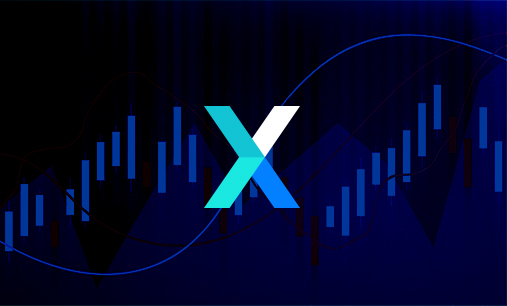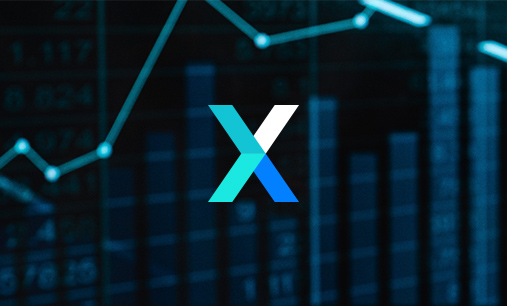OTX






Press

Xpansiv, a global provider of registry infrastructure for energy, power, and environmental commodity markets, has announced the acquisition of Evident Group, as it seeks to strengthen its position in the renewable energy market.
The acquisition builds on Xpansiv’s previous minority investment in Evident, and will see Evident’s international renewable energy certificate (I-REC(E)) and other registries combined with Xpansiv’s North American Renewables Registry (NAR) and Tradable Instrument for Global Renewables Registry (TIGR), to create a unified renewable energy certificate (REC) network.
This network will boast more than 300 GW of capacity and more than 4,000 participating companies.
The acquisition comes amid surging global demand for renewable energy tracking, fuelled by electricity consumption from data centres, electric vehicles and industrial users, said Xpansiv.
As of the end of July, about 227 million I-RECs had been issued globally, with 187 million redeemed, for 2025 to date, according to the I-Track Foundation.
Quantum data showed approximately 138 million issuances and 89 million retirements across major voluntary carbon market registries in the first half of the year.
Xpansiv’s diversification into renewables is reflected in its annual filing for 2024, which showed that RECs accounted for 58% of total revenues, compared with 26% from carbon and 16% from fuels and water products.

Starting on December 2, Constellation will offer certificates based on power generated from its plants in the PJM Interconnection, the nation’s largest grid system, on Xpansiv’s CBL market, the largest carbon spot exchange in the world.
Xpansiv will also roll out hourly EFECs that provide full lifecycle traceability for issuance to retirement on its North American Renewables Registry, the largest exchange of its kind, encompassing nearly 90 gigawatts of projects.
…In the past, nuclear power “wasn’t in a growth phase here in the U.S.,” said Xpansiv CEO John Melby.
“That’s really changed, and you see plants being uprated, staying online for longer, and new ones being proposed. Our credits create a mechanism for those entities to be funded, get price certainty, and on the other side, for a buyer to be able to credibly show that it’s moving toward lower emissions energy supply.”

The (Xpansiv-NH Investment & Securities) partnership was pursued to build infrastructure to support domestic companies in meeting their carbon neutrality goals and implementing ESG management. NH Investment & Securities plans to use Xpansiv’s global platform to provide services that allow domestic companies needing carbon credits to access high-quality overseas carbon credits more conveniently. Park Geon-hu, head of the Client Solutions Division at NH Investment & Securities, said, “As a leading financial company in domestic climate finance, we are excited to explore various opportunities for cooperation with Xpansiv, which has built world-class environmental product transaction infrastructure

KRX is currently preparing to launch the KRX Carbon Credit Market, in addition to its compliance carbon market established in 2015, with the goal of building a comprehensive carbon market and becoming a leading carbon market hub in Asia.
Through this MOU, KRX aims to expand its network with global carbon markets and explore the potential for linking its trading system with CBL. Furthermore, upon the launch of the carbon credit market, KRX plans to explore ways to invite funds from overseas institutions to the domestic market, thereby enhancing market liquidity. In addition, KRX plans to build various infrastructures to allow corporations to efficiently access and trade high-quality overseas carbon credits through its trading platform.

The artificial intelligence boom and the data center supercycle reshaping global power markets are driving massive growth in renewable energy credit (REC) and carbon offset demand, particularly involuntary markets like Florida and emerging international jurisdictions, according to Xpansiv CEO John Melby.
In an interview with NPM, Melby said surging electricity consumption from hyperscale data centers is upending the long-standing assumption of flat or declining power demand in the US and is accelerating the need for flexible clean energy tracking tools across continents.
“Data centers are fundamentally changing the demand curve in energy markets,” Melby said. “And that demand is for clean energy.”






